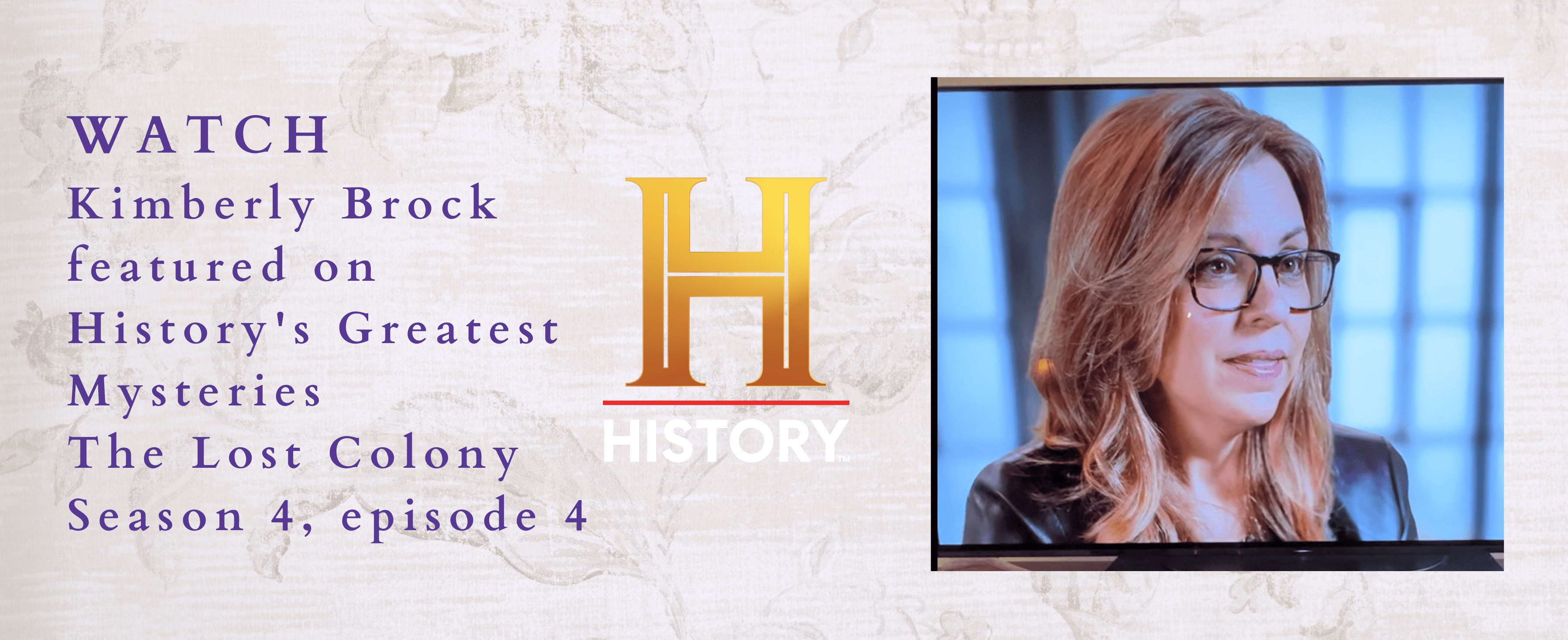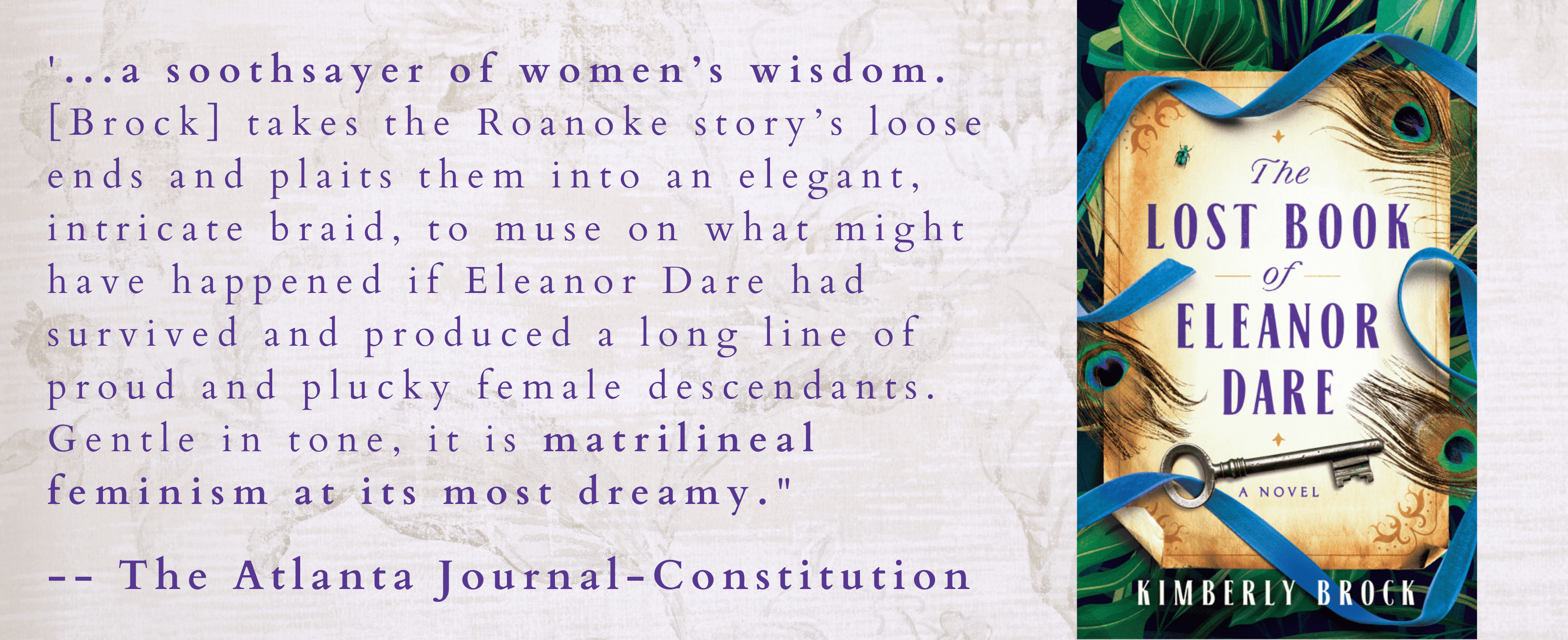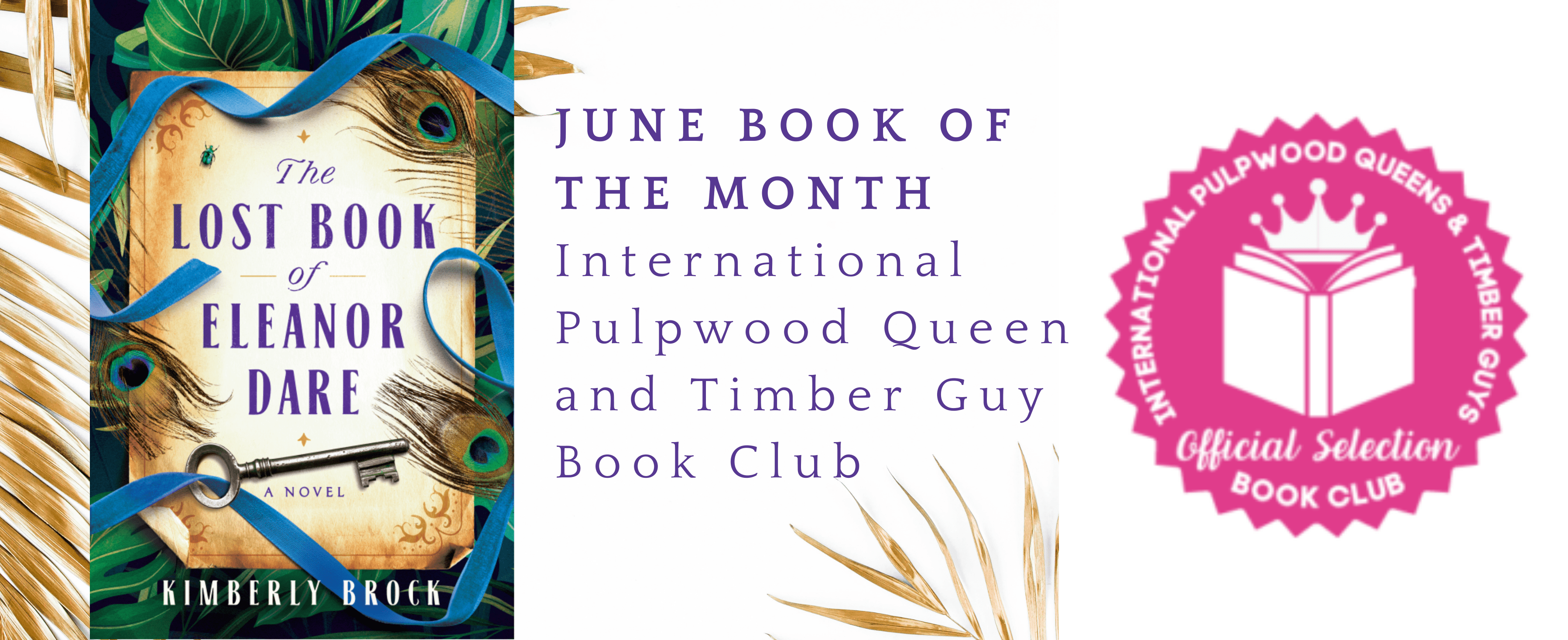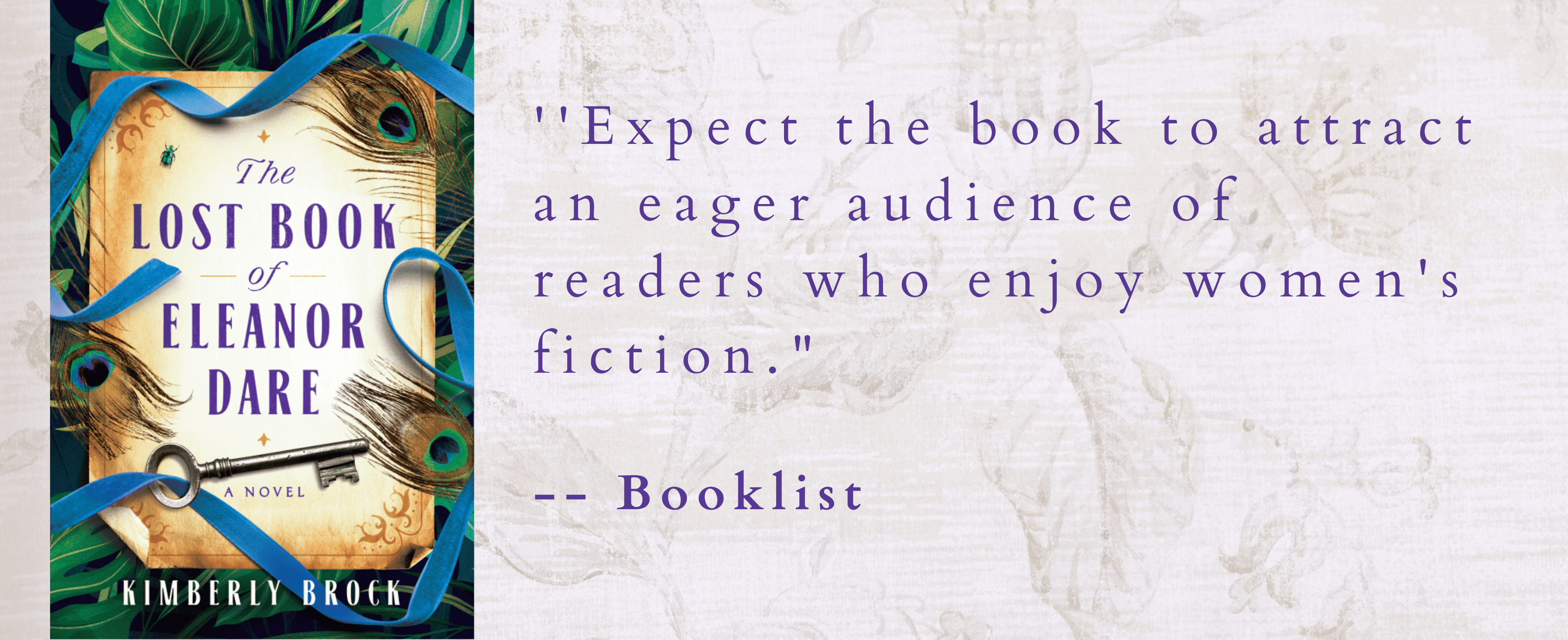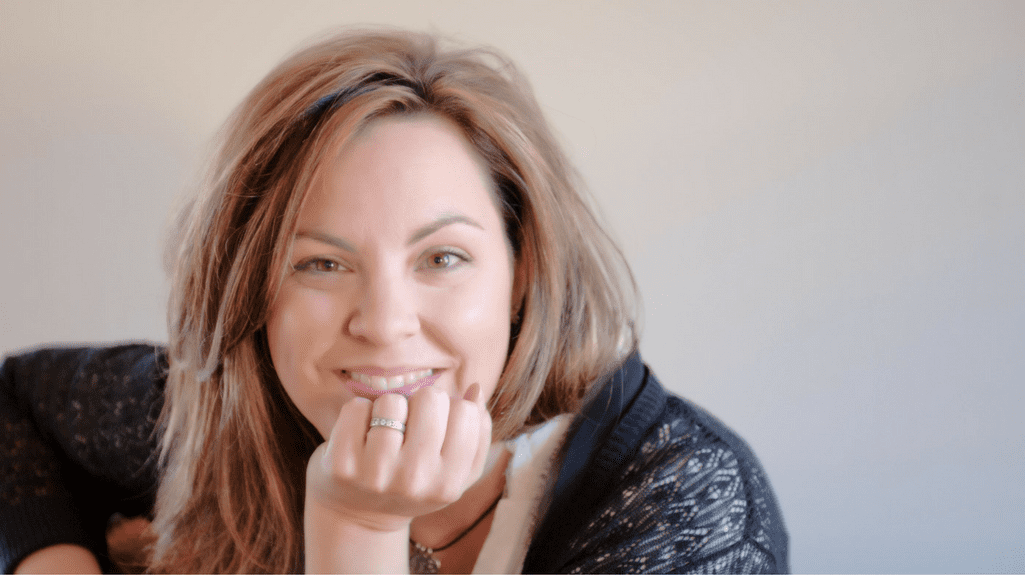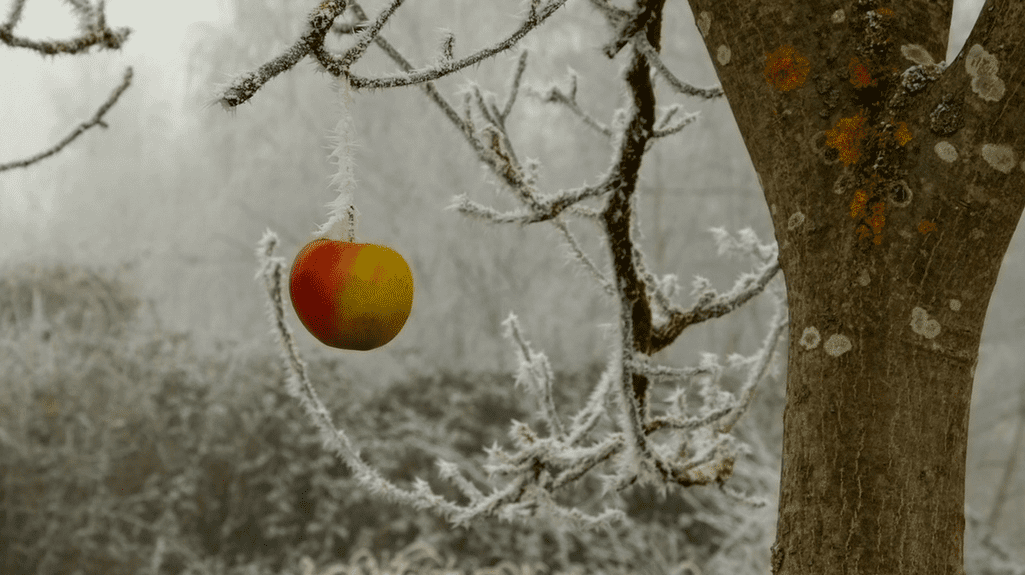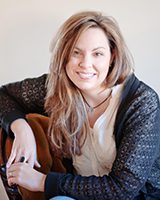O n a clear October night in 1847, a young woman stood alone on a Nantucket rooftop while her family and friends remained unaware in the house below. She peered into the night sky through a telescope and discovered a discrepancy that would change science forever and win her awards, catapulting her to fame. Maria Mitchell saw a new comet. She set eyes on something that had never been seen before, because Maria was the girl who was looking.
n a clear October night in 1847, a young woman stood alone on a Nantucket rooftop while her family and friends remained unaware in the house below. She peered into the night sky through a telescope and discovered a discrepancy that would change science forever and win her awards, catapulting her to fame. Maria Mitchell saw a new comet. She set eyes on something that had never been seen before, because Maria was the girl who was looking.
I love her story for so many reasons. If you read about Maria Mitchell you’ll learn that she grew up a Quaker, well-educated for a female of her time, a teacher and a librarian with a sharp and eager mind. After her discovery of the comet, she led an influential life. She was the first American female professional astronomer, first professor of Astronomy at Vassar College, an activist for women’s rights, and a renowned educator. She traveled to the south and spoke against slavery, then traveled to Europe where she hoped to view the sky through the Vatican’s observatory, but because she was a woman, was only allowed to tour it during the day.
On this, she commented, “I did not know that my heretic feet must not enter the sanctuary, that my woman’s robe must not brush the seats of learning.”
Later, she encouraged her students at Vassar, saying, “First, no woman should say, ‘I am but a woman.’ But a woman! What more can you ask to be? Born a woman, born with the average brain of humanity, born with more than the average heart, if you are mortal what higher destiny could you have? No matter where you are nor what you are, you are a power. Your influence is incalculable.”
Maria Mitchell died July 28, 1887, but she was right, because here I am all these years later, remembering her. I close my eyes and see that deliberate, optimistic girl gazing into the firmament, uncompromising, and she asks me to inspect myself.
How often do I go about my writing with the attitude that I am but a woman?
Do I select the truths and stories I think are more valuable or powerful through a filter that keeps me inside the house, where family and friends are most pleased with me? And what would happen if I dared to be the girl who is looking, unafraid, unapologetic, up on that wide open rooftop, alone? Would I discover the ugly truths that hold us apart, or learn the virtues that might bring us together?
I wonder, if we dared to fearlessly write the comets that are our stories, would they change our lives forever?
Maria believed. Incalculable. As the stars. Imagine.

